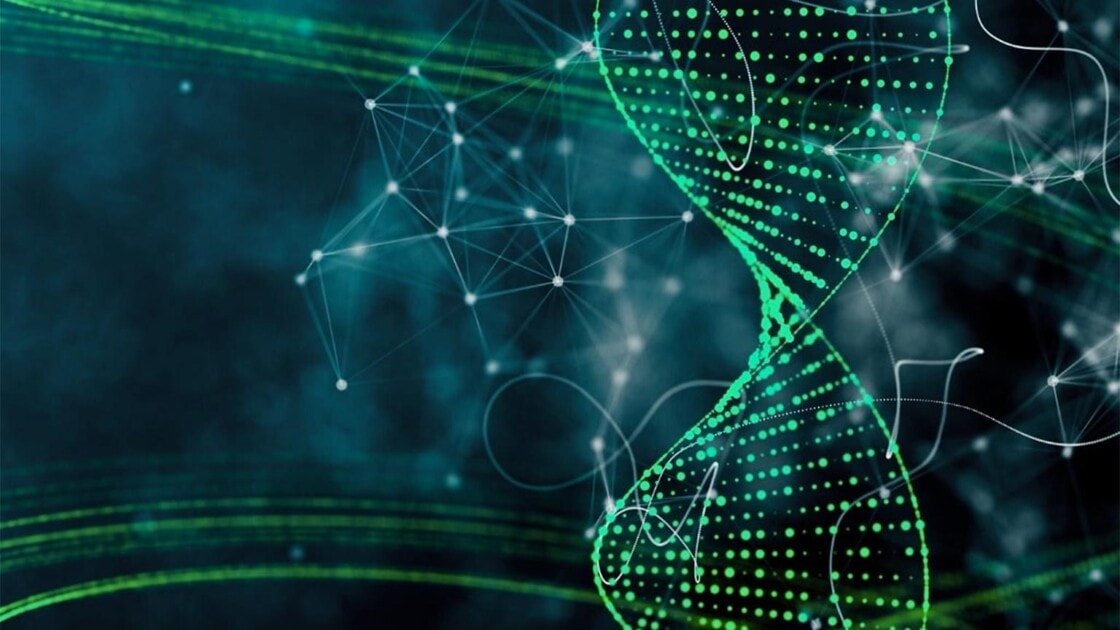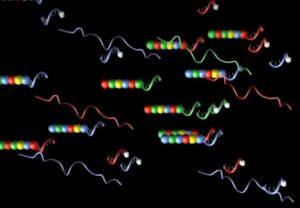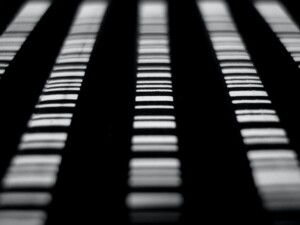
NanoString Blog

nCounter
Common questions in molecular biology: What is a cell counter called?
There are several types of cell counters that go by different names, usually named after their uses or type of cell counting method. Hemocytometers The original cell counters are known…

nCounter
Common questions in molecular biology: What are the advantages of DNA barcoding?
DNA barcoding is a method of identification based on DNA sequences made feasible by available genomic sequence data. Initially developed as a tool for rapid species identification (Hebert), DNA barcodes consist…

nCounter
Common questions in molecular biology: What is an example of an oligonucleotide?
Oligonucleotides, short polymers of the nucleotide building blocks of nucleic acids such as DNA or RNA, come in many forms. In nature, oligonucleotides exist mainly as small non-coding RNAs such as…

nCounter
Common questions in molecular biology: Are DNA and RNA oligonucleotides?
The short answer to whether DNA and RNA are oligonucleotides is yes. Oligonucleotides are short (oligo-) polymers of nucleotides, the basic subunit of nucleic acids such as DNA and RNA. Whether…

nCounter
Common questions in molecular biology: What is DNA barcoding and why is it important?
DNA barcoding is used in two similar yet divergent ways in biology. While important to different areas of biology, both are modeled on the concept of the Universal Product Codes…

Miscellaneous nCounter
Common questions in molecular biology: How many types of cell counters are there?
Although it appears to be a simple question, there are several answers to “how many types of cell counters are there?” depending on how the word “type” is defined. Defining…

nCounter
Common questions in molecular biology: What are the advantages of cell counters?
Cells, the basic unit of life, are microscopic, making their identification a challenge. Cell biologists in particular often require an accurate assessment of the specific cell types present in an experiment.…

nCounter
Common questions in molecular biology: How is DNA barcoding used in research?
The term DNA barcoding is used in two ways in research. The original use was based on the discovery of a short, standardized genetic region found in fish to have a…

nCounter
Common questions in molecular biology: What do oligonucleotides do in PCR?
Oligonucleotides are relatively short single-stranded sequences of nucleotides, the monomeric subunits of both DNA and RNA. The use of oligonucleotides (also known as oligomers or “oligos”) is invaluable in many…

nCounter
Common questions in molecular biology: What are oligonucleotides used for?
A workhorse of molecular biology, oligonucleotides are relatively short single-stranded sequences of nucleotides, the monomeric subunits of both DNA and RNA. Oligonucleotides (often called oligomers or “oligos”) are invaluable in…

nCounter
Common questions in molecular biology: Why is it called DNA barcoding?
DNA barcoding was named for its conceptual similarity to the Universal Product Codes (UPCs) used by supermarkets and other retailers to distinguish commercial products via a unique digital code. Based…

nCounter
Common questions in molecular biology: What is a cell counter used for?
Cell counters are machines, typically automated, designed to count living cells quickly and autonomously. Employed in the life sciences, cell counters quantify cells for a wide range of reasons using a variety of…